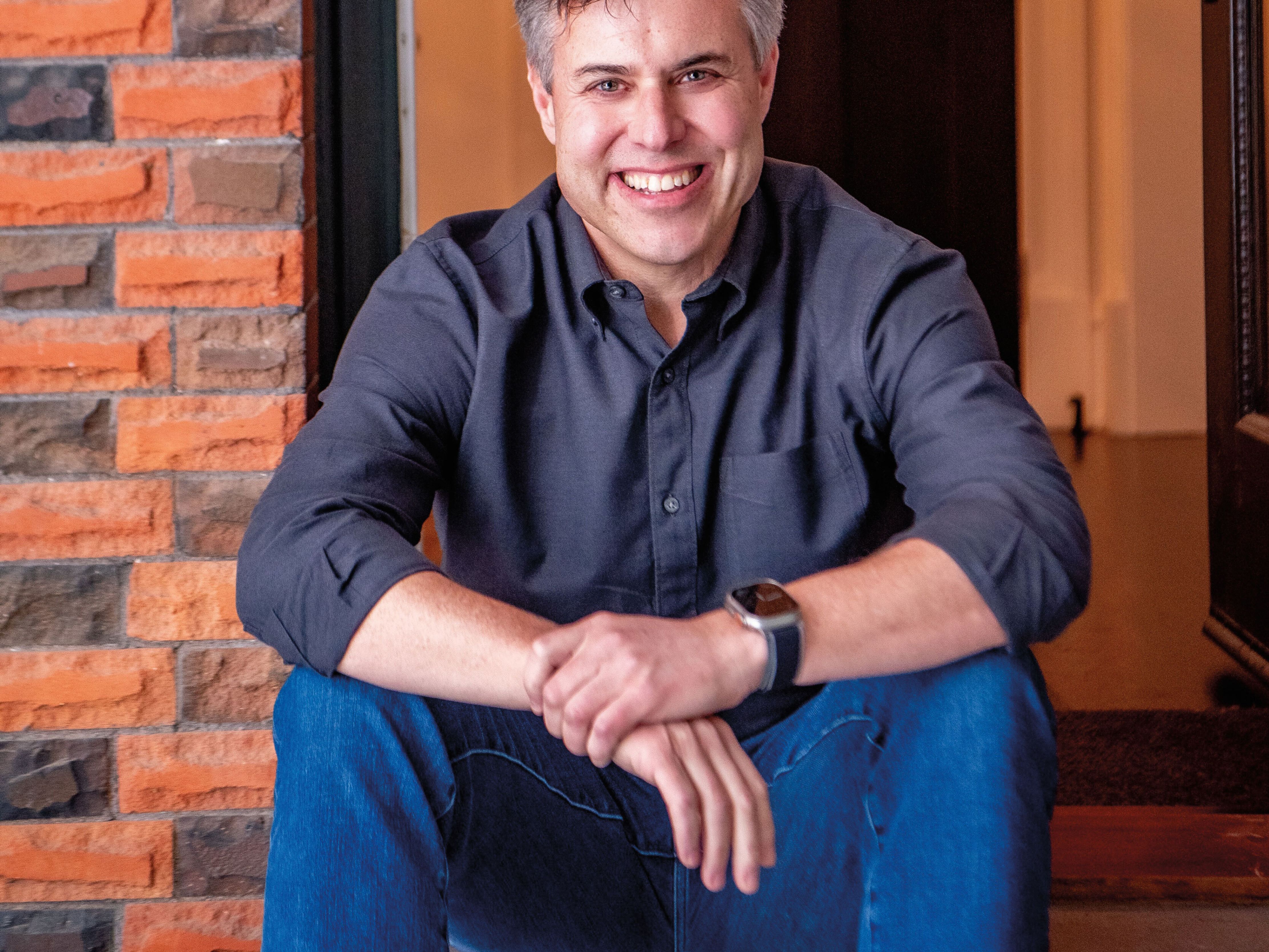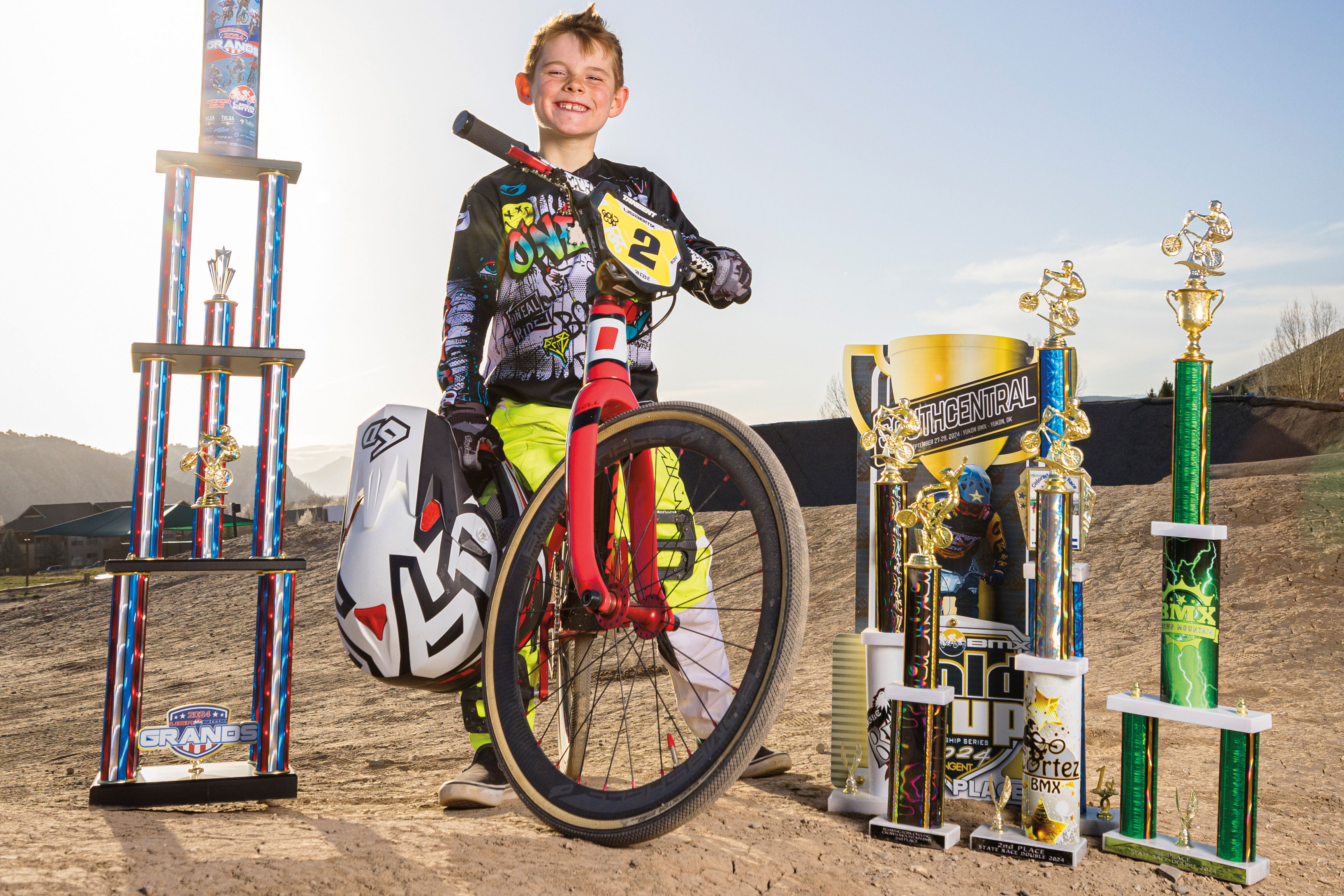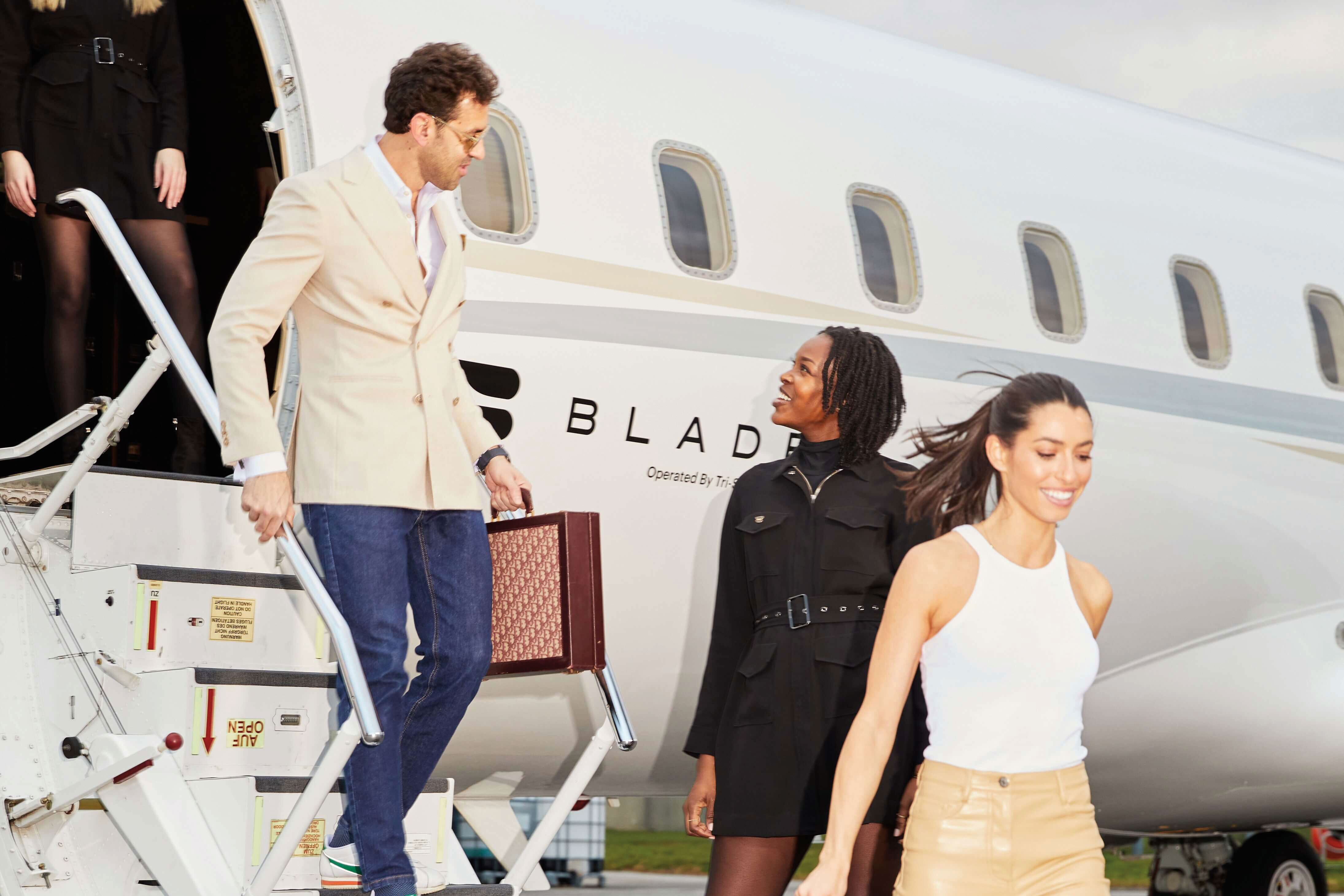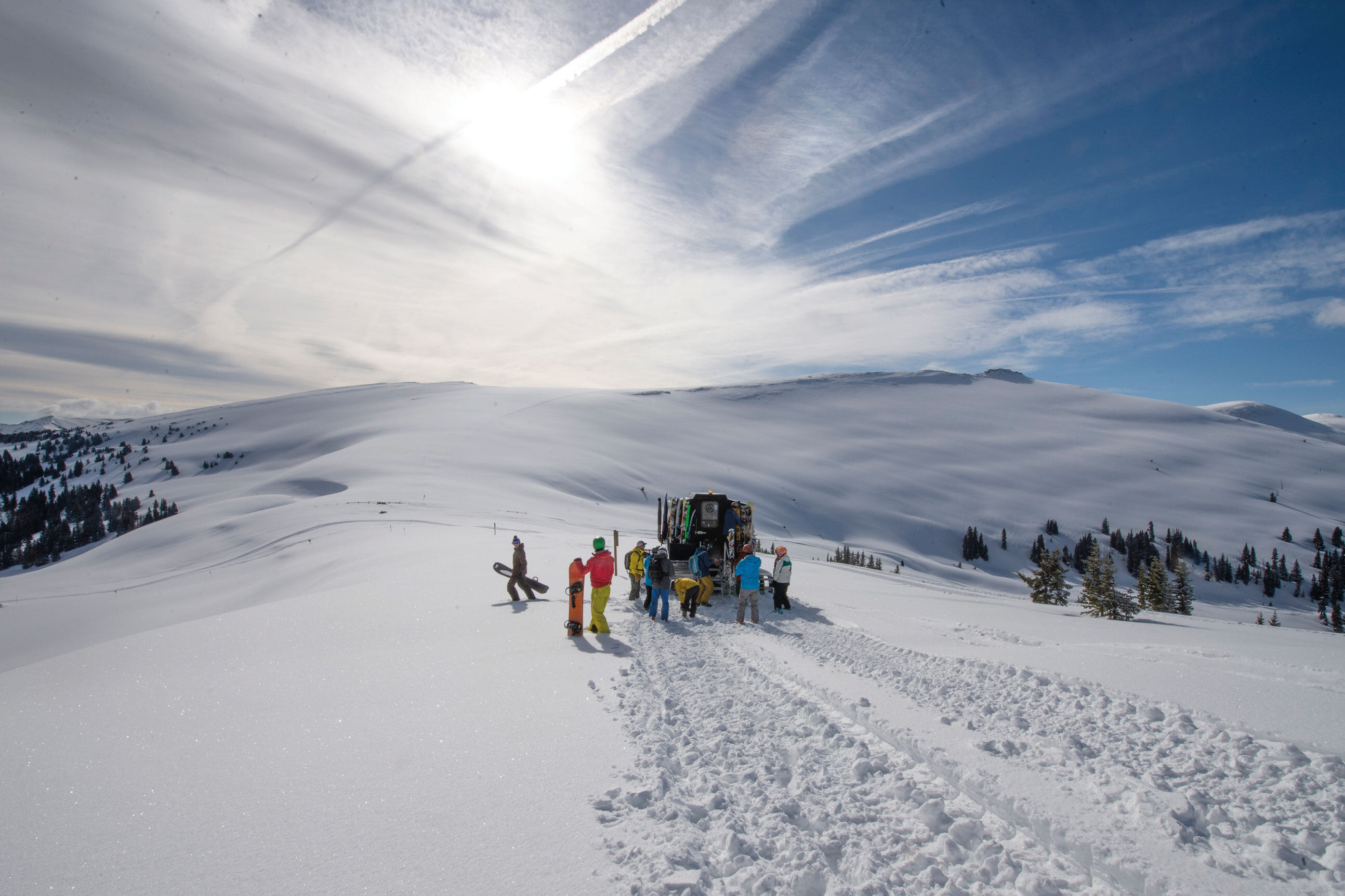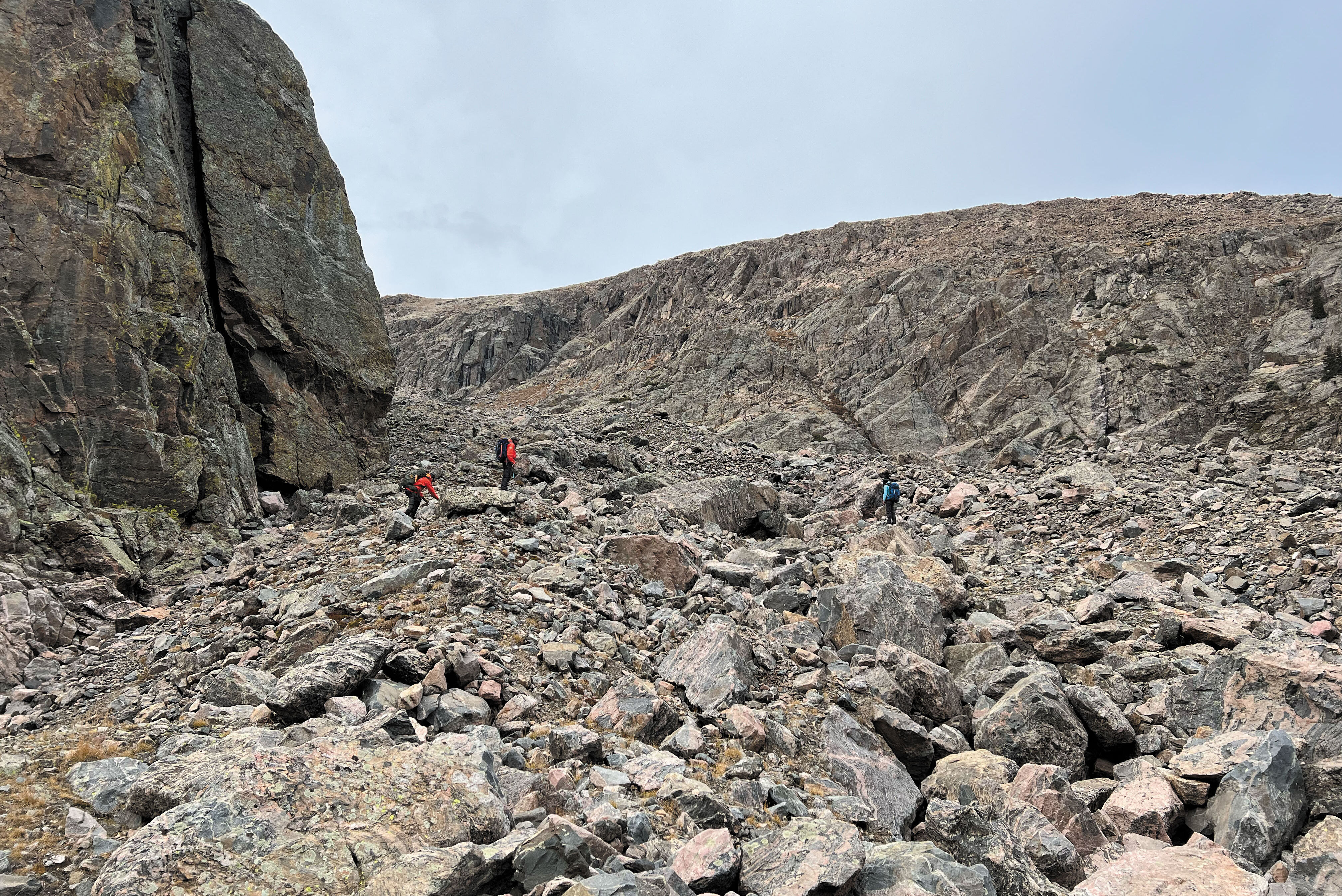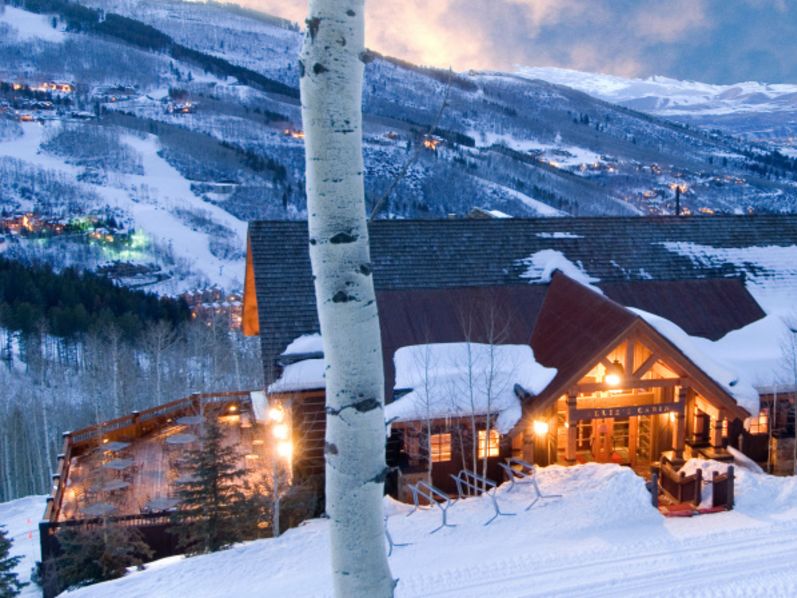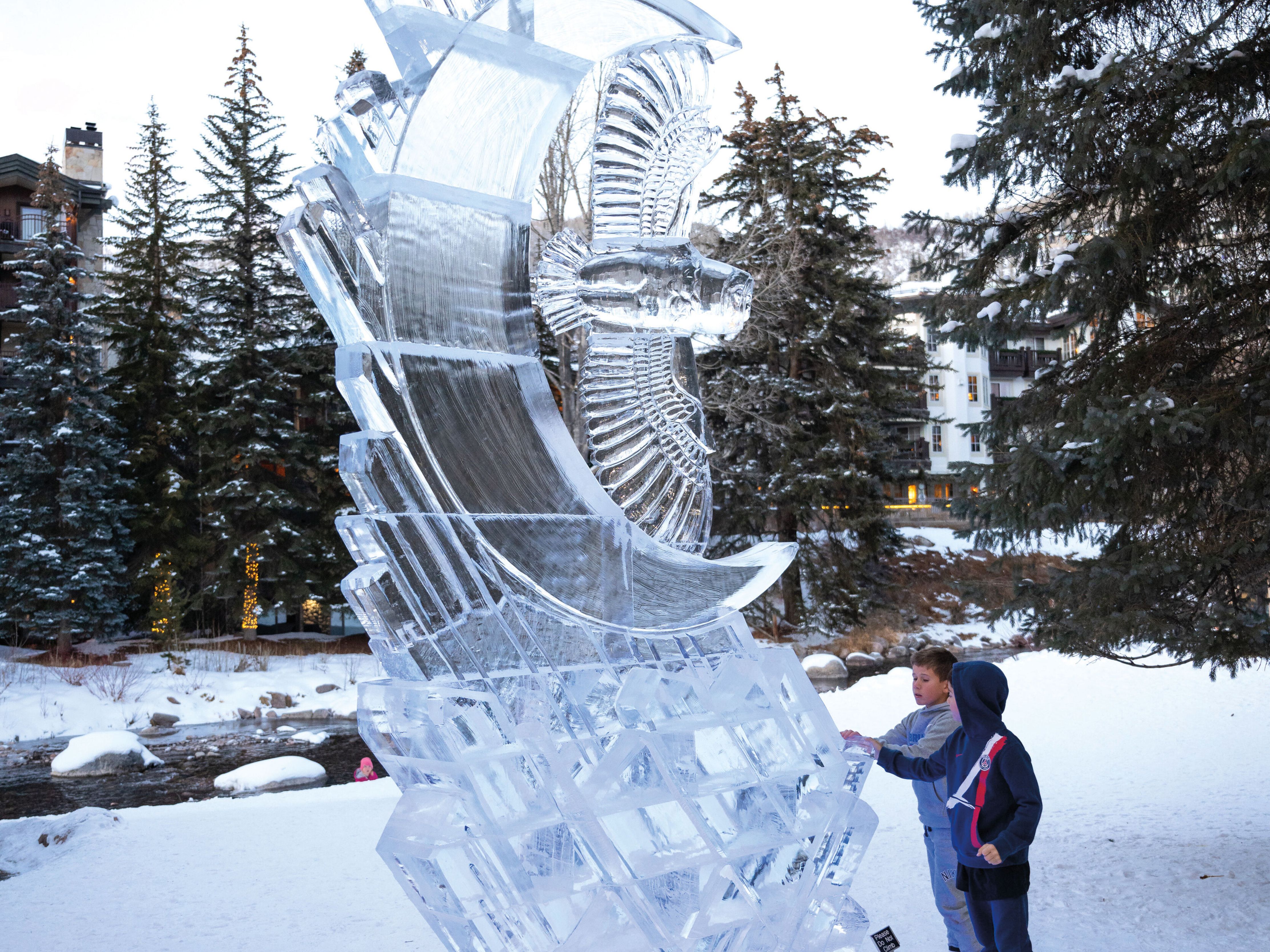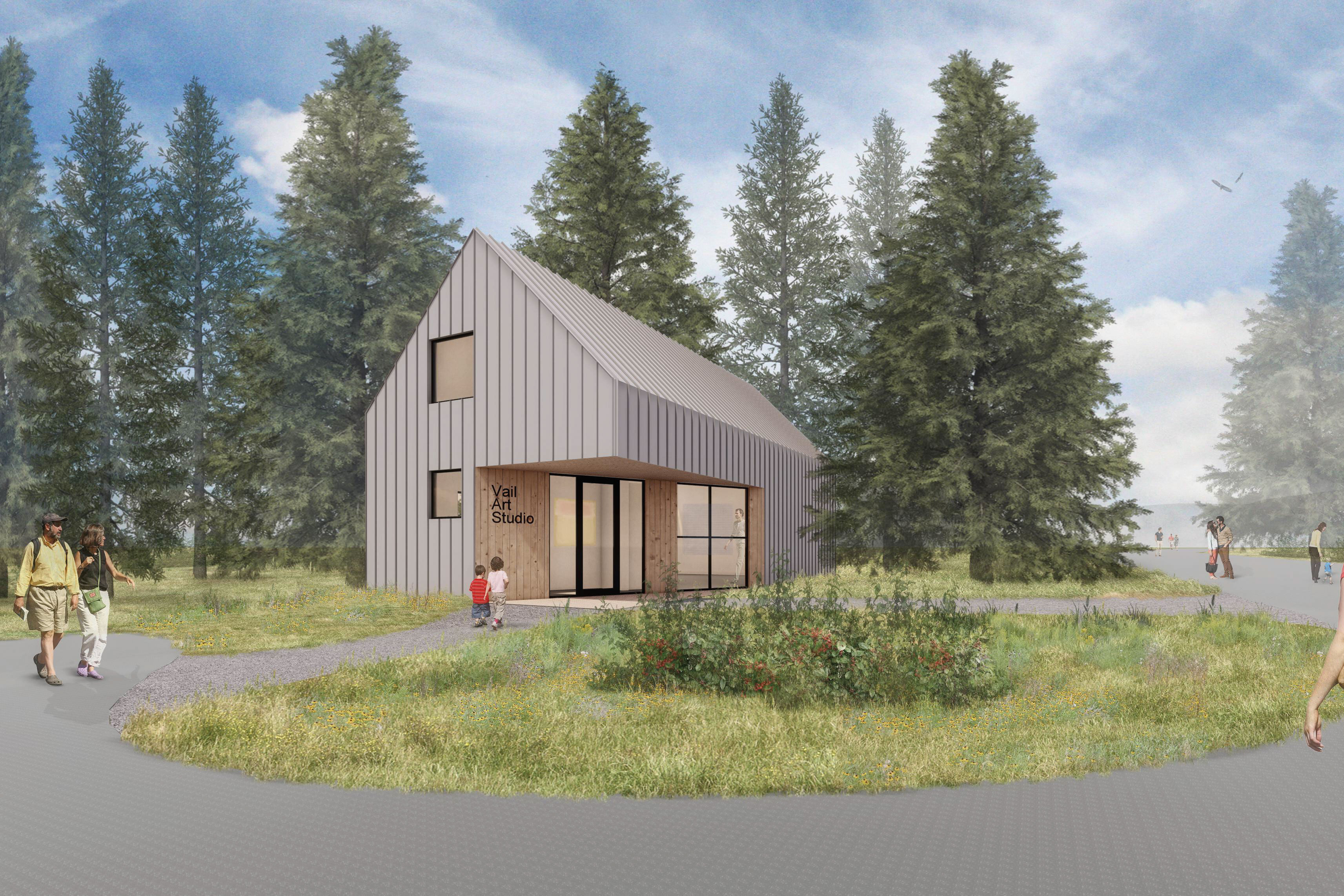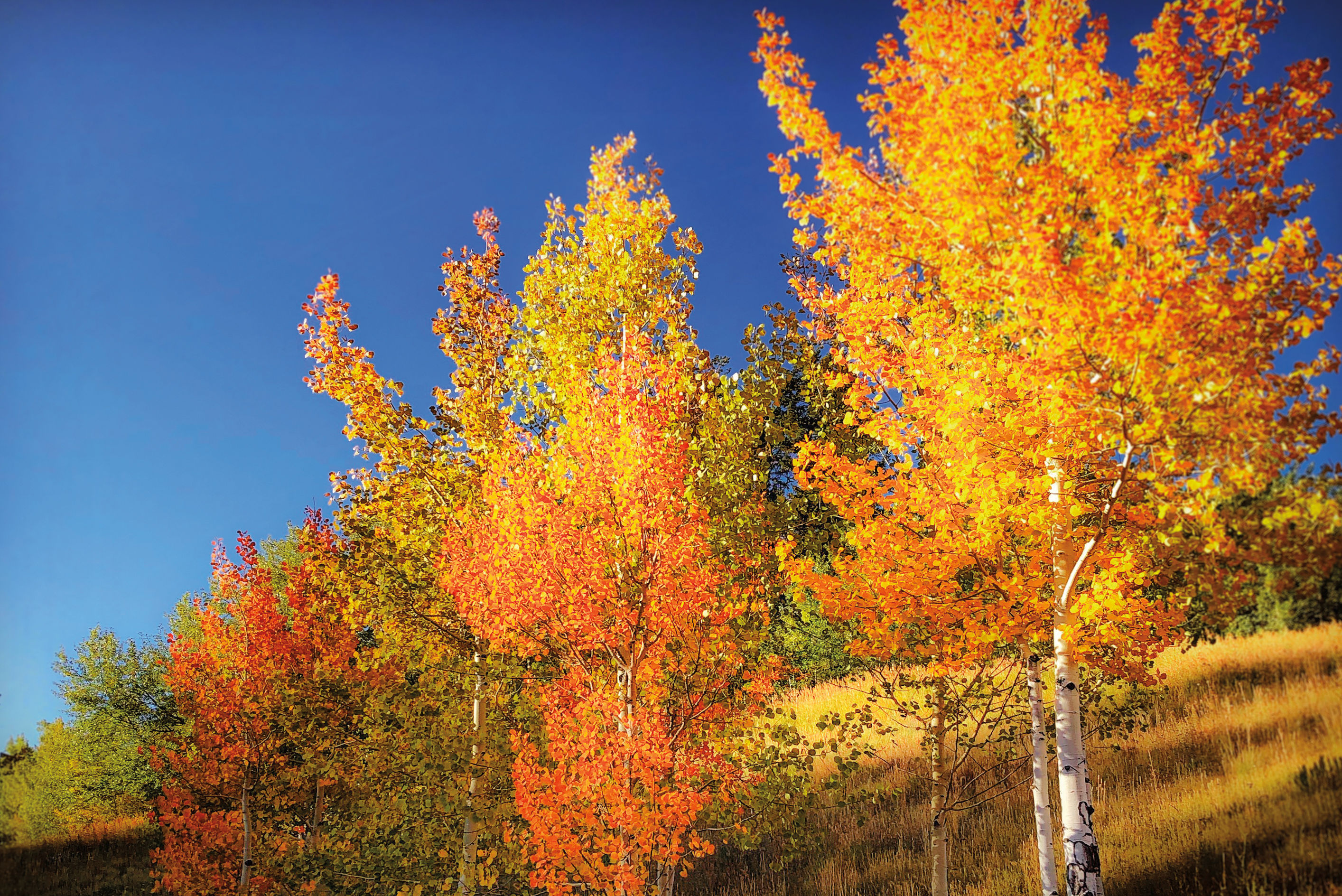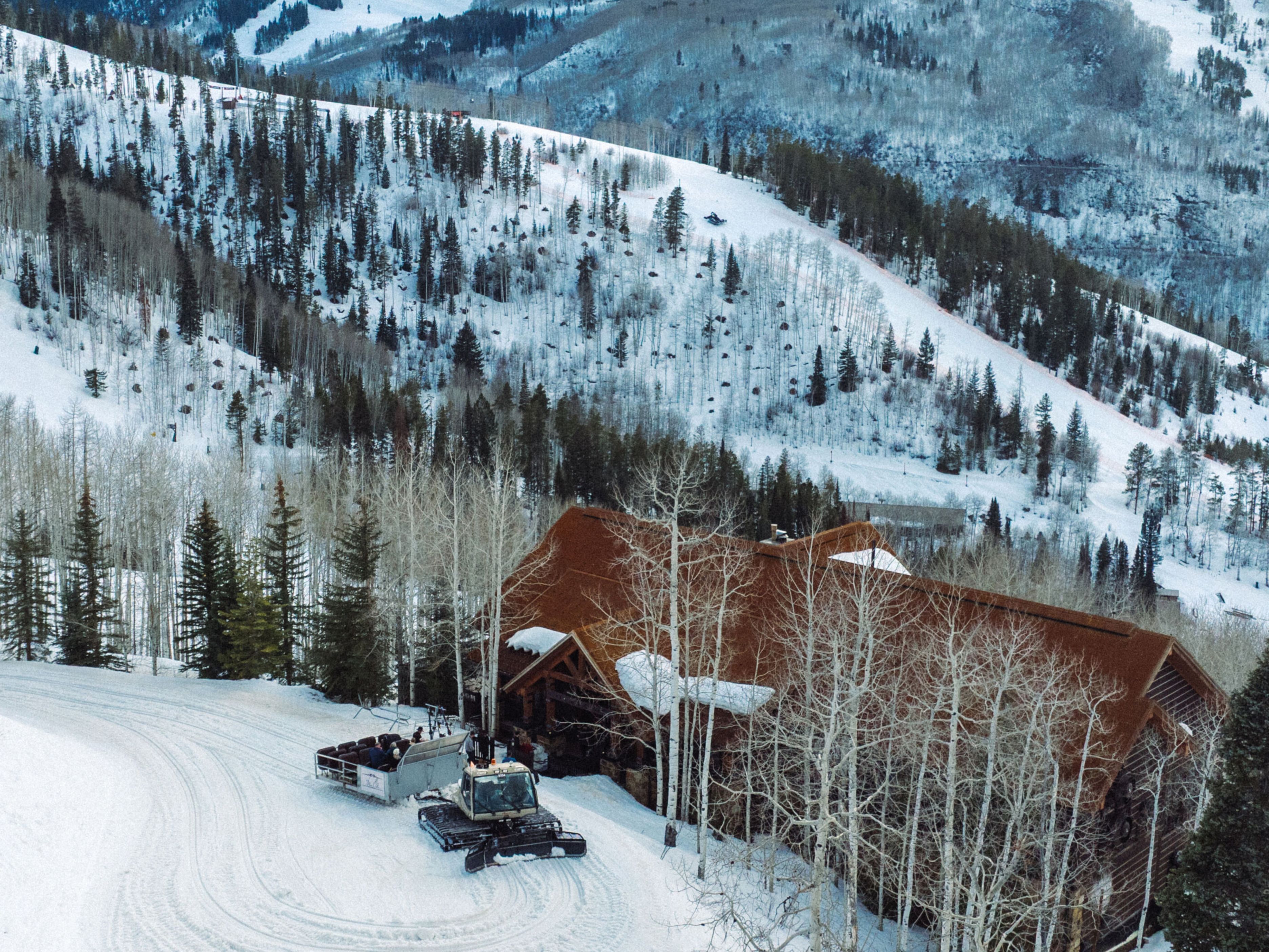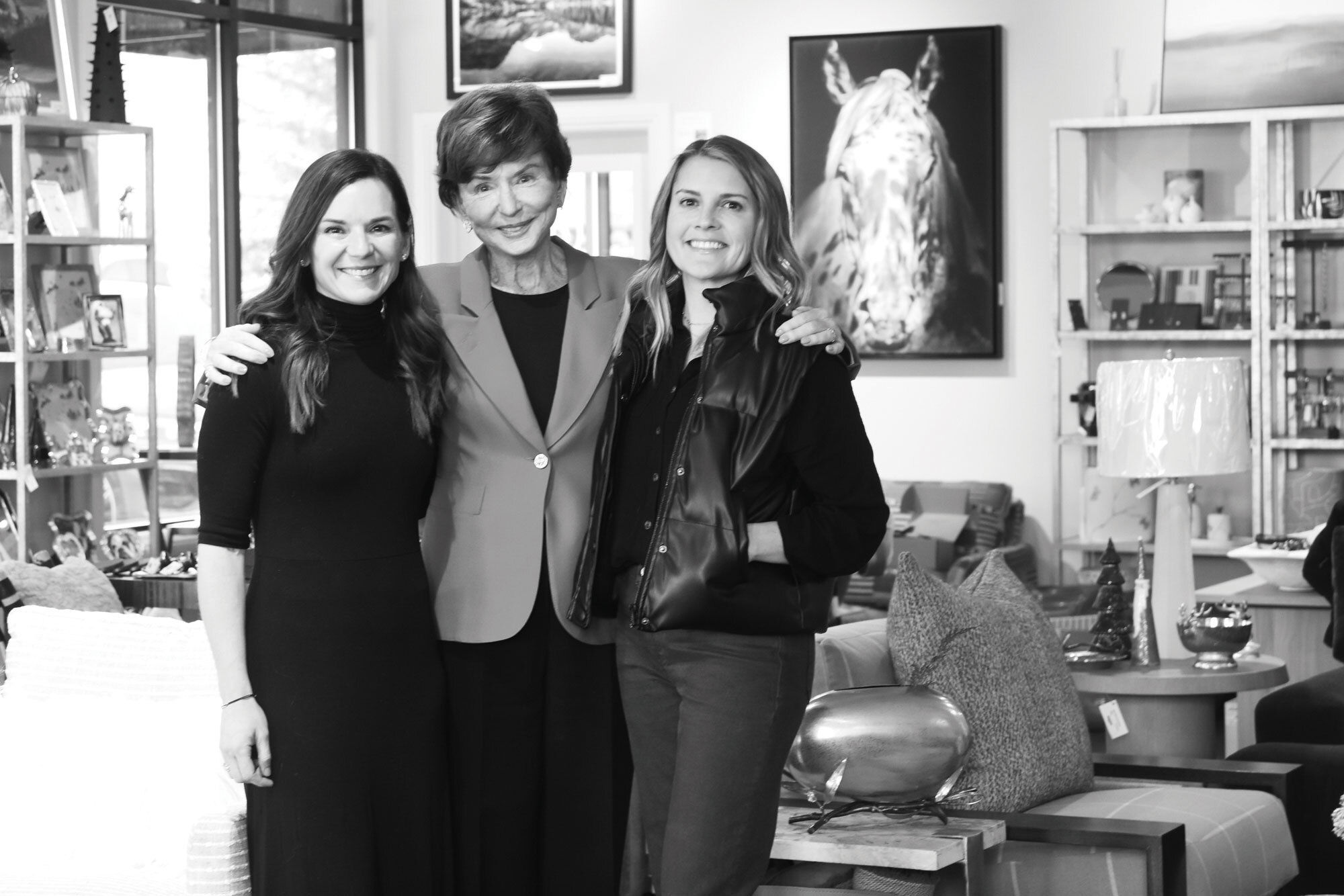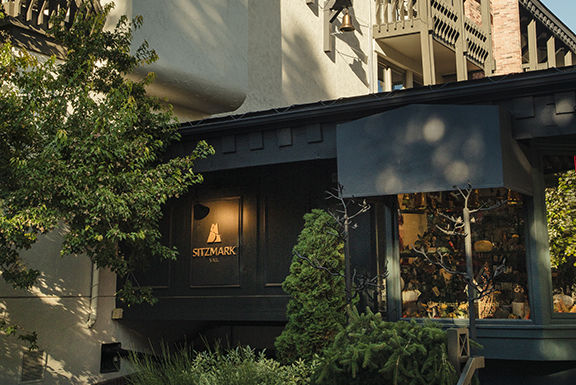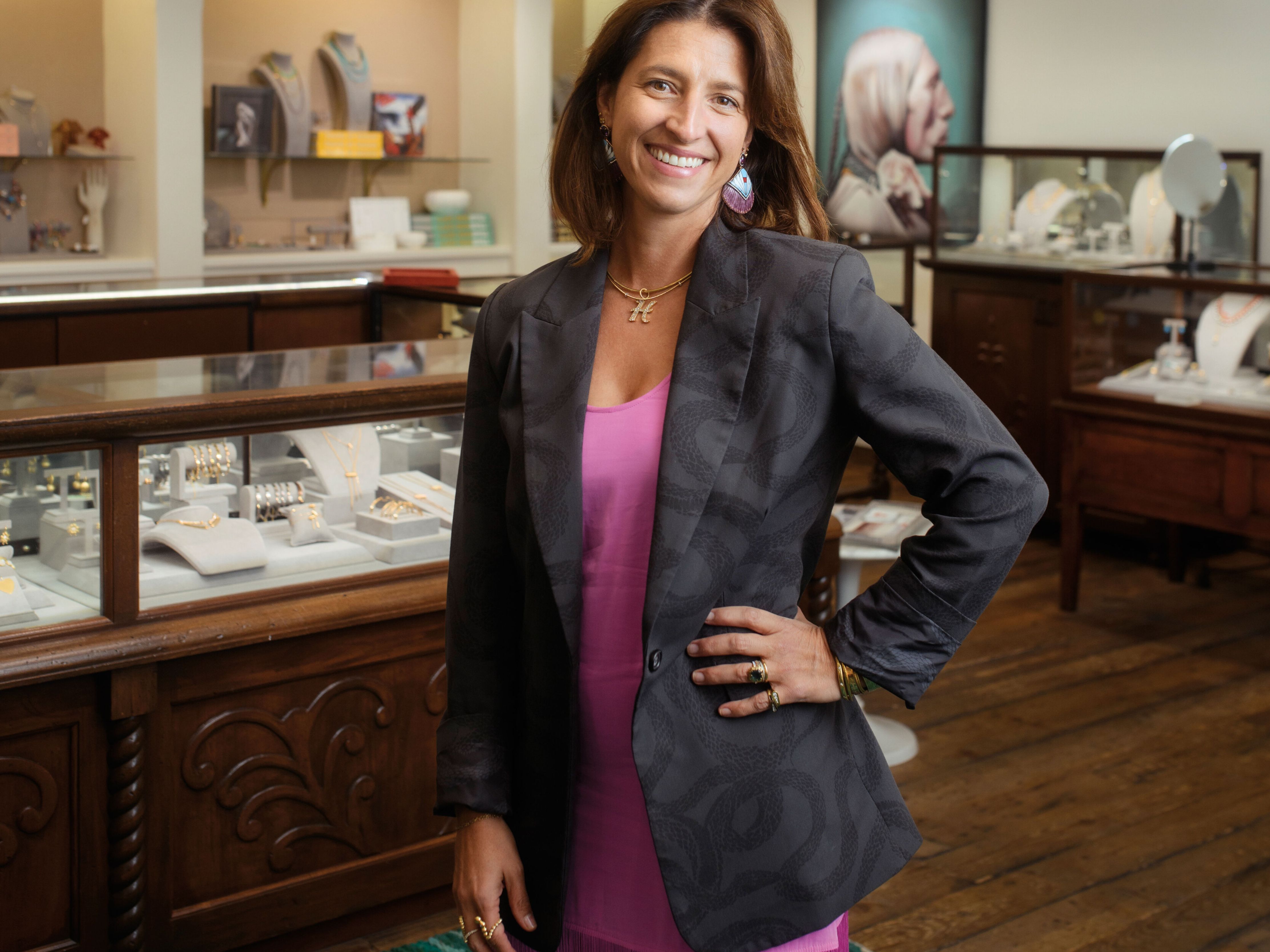Remembering Astronaut and Vail Resident Scott Carpenter
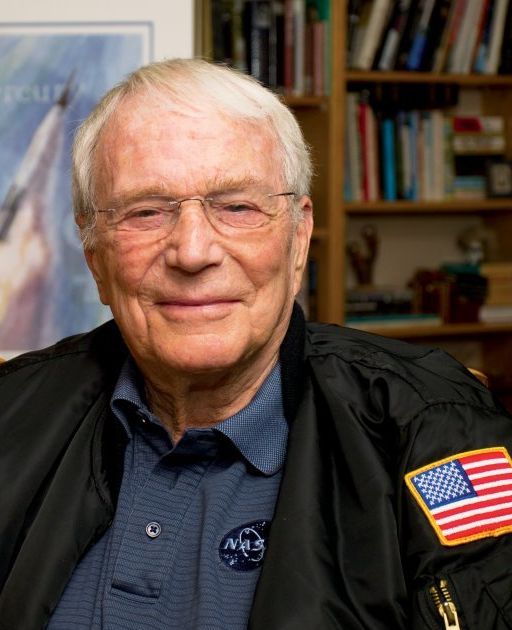
Image: Cody Downard
The space flight, I think about it frequently, but one could say that my first trip to Vail was also unforgettable.
I was in Houston right after my flight, and a good friend, [Houston developer] Howard Singer told me about this new ski area that had started in Vail. We decided to visit, and I remember that trip very well.
I took my ski pants out of storage because I hadn’t skied for a long time. I had been busy with NASA and aviation. But I brought them up here, and I needed somebody to sew up one pant leg; a seam down at the ankle had come apart. Dick Hauserman, good old Dick Hauserman, he took me in to Blanche’s ski shop, and either Blanche [Hauserman] or it was Fitzhugh Scott’s wife—I’ve forgotten her name—sewed up my pants so that I was respectable on the slope. It was typical Dick Hauserman. He did everything for me, but I guess that’s because I was a spaceman. I guess I was a celebrity, but I didn’t think of that at all. I just wanted to go skiing.
And then I went with many of those guys: Pete Seibert, Dick Hauserman, Bob Parker, Morrie Shepard, Bob Lange. Together we took a special trip down the undeveloped China Bowl until we finally made it to what is now Lift 5. It was a perfect day; the snow was perfect. I fell a bunch in that deep powder, but I never forgot that day. It gave me a chance to commit a deadly sin: envy. I wanted to ski as well as those guys did. That was what made me decide that I was coming back to Vail to stay. And it happened. Here I am.
Vail was play. NASA was professional work. It goes in a different file in your memory. On the morning of my spaceflight, I woke up at 3:45. And then you go to the fitting room and get your space suit put on, and that’s some effort. Then you get in a van and drive out to the pad, and then you climb out and go up an elevator. There’s a lot of activity—all of these things take a long time—but you finally get inside the capsule you’re going to ride, and they shake your hand, and all the guys disappear. Then the hatch closes. You’ve practiced this procedure so many times, it’s all familiar—but this time it’s for real. That makes it more memorable.
I was in the blockhouse for John Glenn’s spaceflight. I was his backup, and I had the capability at my station to handle John’s communications. Just before liftoff, I patched him through to Annie, his wife, at home. I remember John and Annie’s conversation. There was no way I could get out of the position of overhearing that. I remember John gave sort of a deep breath when he said good-bye. I was in the blockhouse through all of this, and I saw the guy push the button that started the 18-second count, and everybody was feeling a little leery about doing this to him. Right then, the words came to me: “Godspeed, John Glenn.” It was a wish and a plea to God to give him the speed he needed [to achieve orbit], a way of saying bon voyage and good-bye, and I thought it was appropriate.
When those engines ignite, sure, you’re aware of it, but you’re very anxious to get on the road. And then you pay attention to everything you see and hear and feel, rapt attention for five minutes, and then you’re weightless—and that’s such a pleasure. Great joy. You’ve had a successful launch, you’ve made it to orbit. And then you get to work. Those five hours were the busiest I’ve ever been. The one private moment I had was that little camera. It was a German robot with a 500-frame magazine powered by a spring. I held it out in front of me and spun it, and it just stayed there right in the middle of the air, spinning. Marvelous.
When I sent out the chute I reported that it was fully inflated, and I remember saying, “And it looks good to me.”
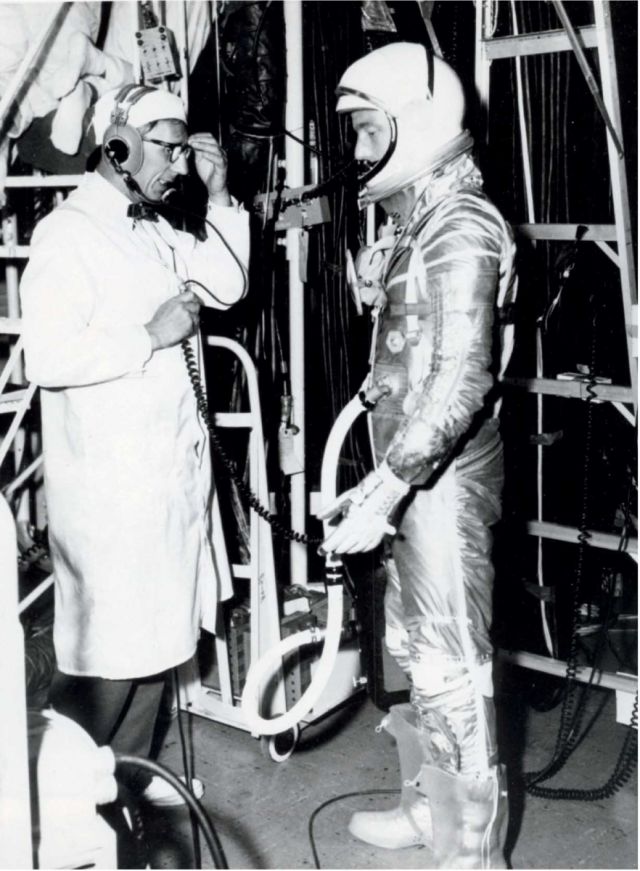
Project Mercury astronaut Scott Carpenter, the second American to orbit the Earth, confers with launchpad leader Guenter Wendt during a dress rehearsal prior to the May 24, 1962, launch of his Aurora 7 spacecraft
You can’t go through an experience without it changing you in one way or another. I don’t have anything to compare my current self with, as my current self without that experience. You stretch your limits as a person, and you stretch the limits of the machine you’re riding—and that’s a way of life.
Of course I regret not going to the moon. The end of everything we did was going to the moon. But what Neil [Armstrong] and those guys did was beyond my future. The way those guys at Vail skied, that was not beyond my future.
I stopped skiing three years ago, when I was 84. I never went skiing with Neil Armstrong, but we were close friends. He was the best of the best. He was a good man. John Glenn is a good man, too. But Neil’s humility particularly endeared him to a lot of people, in addition to his expertise in his profession. What I did was nowhere near as spectacular as what Neil did. I know I am considered a hero. I feel lucky because I’ve survived some tough times, and I’m fortunate and privileged and very proud of the accomplishments that are in my background. But I don’t feel like a hero.
I was at the doctor’s office in West Palm Beach recently, and there was a young girl from Guatemala going through my health papers, my medical history. It’s a big, thick health report. She put the papers down and looked at me, and she said, “Mr. Carpenter, did you ever think you would be this old?” I don’t know what I responded, but I never did think about that in any way except that like everybody, I don’t want to die. But I know that it’s closer to me now than it was when I was 7.
A question I hear from time to time is, “How do you want to be remembered?” How I would like to be remembered is as a very fortunate man. That’s undeniable. But I hope that I’m also remembered as a humble man—because I really do admire Neil’s humility. It’s a great quality.
It occurs to me that in another fifty years maybe they will deem that the people who flew to the moon were from an ignorant bunch of humans for not having proceeded apace. I think what Will Rogers said of ignorance is very good and appropriate and could be applied to all of us in letting that flight to Mars go by: “It ain’t what you don’t know that makes you ignorant. What makes you ignorant is what you do know that ain’t so.” And we think we know that it’s not worth our money to fly to Mars. And that ain’t so, so we’re ignorant. I also think about this adage frequently: “God’s finest gift to man is his sense of awe.” Man’s sense of awe comes from his curiosity. You learn from that curiosity to have that awe. The reason we did what we did is because it satisfied our curiosity. That’s sort of tangled, but it’s true.

